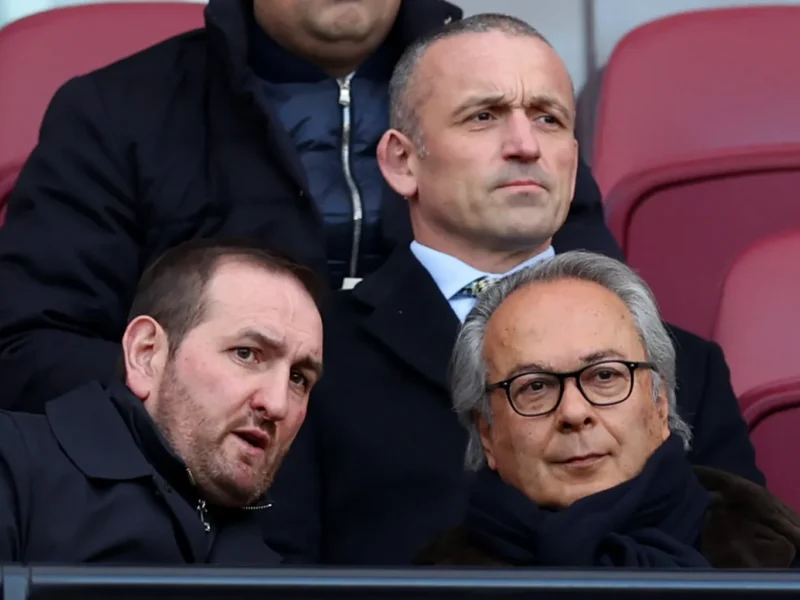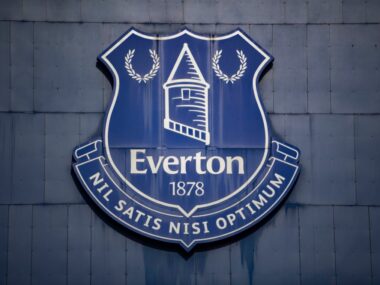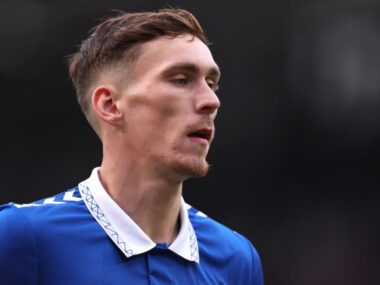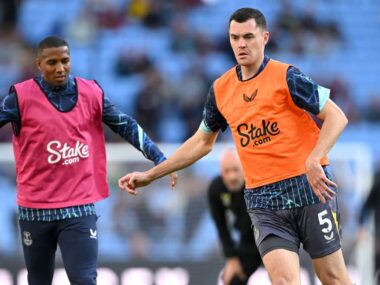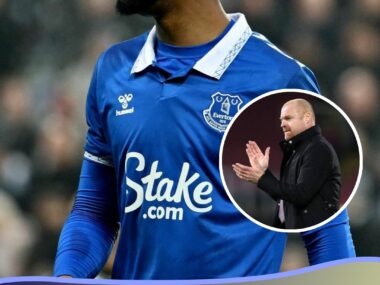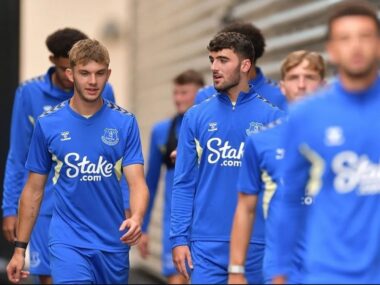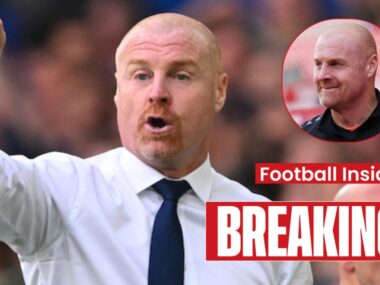The Friedkin Group’s withdrawal has thrown Everton’s long-term future into fresh uncertainty
Everton will not embark on a fire sale of players after the collapse of the Friedkin Group’s proposed £500m takeover of the club.
The US investors informed Farhad Moshiri on Thursday morning that they would be withdrawing from negotiations – reluctantly, sources have told i – due to risk and uncertainty surrounding the £200m debt owed to previous bidders 777.
That has thrown the club’s long-term future into uncertainty once more but i understands that Everton’s short-term plans remain unaffected. With a portion of the Sky TV money due and the transfer fee recouped from the imminent Amadou Onana switch to Aston Villa, they have funds to cover the next few months.
As reported by i this week, there is a transfer strategy of bringing in “young, dynamic players” to support Sean Dyche and that should not be impacted as the Friedkin Group’s takeover was never due to pass until late September at the earliest.
But Moshiri will have to return to the drawing board and attempt to re-engage some of the potential investors who expressed an interest before the Friedkin Group were given exclusivity last month.
Why has the deal collapsed?
Those familiar with negotiations say that detailed due diligence did not throw up any “really nasty surprises”. Everton’s books are not easy reading but the club are “eminently investable”, according to one source close to the Friedkin Group.
The problem was the “risk and uncertainty” surrounding the 777 loan, which was £200m to cover monthly running costs and stadium bills. Despite numerous red flags surrounding the deal Moshiri remained committed to 777 for almost a year before their myriad legal problems combined to cause the deal to collapse.
The 777 debt, and the group’s relationship with another Miami firm A-Cap, has proved too complex and risky for the Friedkin Group to proceed.
“It’s not a negotiating ploy,” a source close to the group insisted. But interestingly, they did admit that if the debt was resolved they would return to the table.
That prospect – given the complexity of 777’s legal issues and exactly who you may end up negotiating with – does not appear likely.
What happens next?
It is clearly far from ideal for Everton. Insiders lament the fact the Friedkin Group have walked away from the deal given their deep pockets and experience running big clubs in Italy.
It is clearly far from ideal for Everton. Insiders lament the fact the Friedkin Group have walked away from the deal given their deep pockets and experience running big clubs in Italy.
But Everton sources were at pains to stress there remains no prospect of administration and, at least in the short to medium term, there are funds to keep the club running and the new stadium development continuing.
It’s also understood the Friedkin Group – who provided finance to settle the debt with MSP Capital, another investor who have been involved in the new stadium process – will not call in the money they have lent to the club in the short-term.
i also understands there are alternative investors ready to step in, including a rival US group yet to publicly to declare their hand
dy Bell and George Downing, two Evertonians who partnered with MSP Capital to lend the club money last year, were interested in putting together a consortium earlier in the summer although their enthusiasm appears to have dimmed.
Unfortunately for Everton, while the short-term situation is not critical, this means the unwelcome return of uncertainty to Goodison Park.
